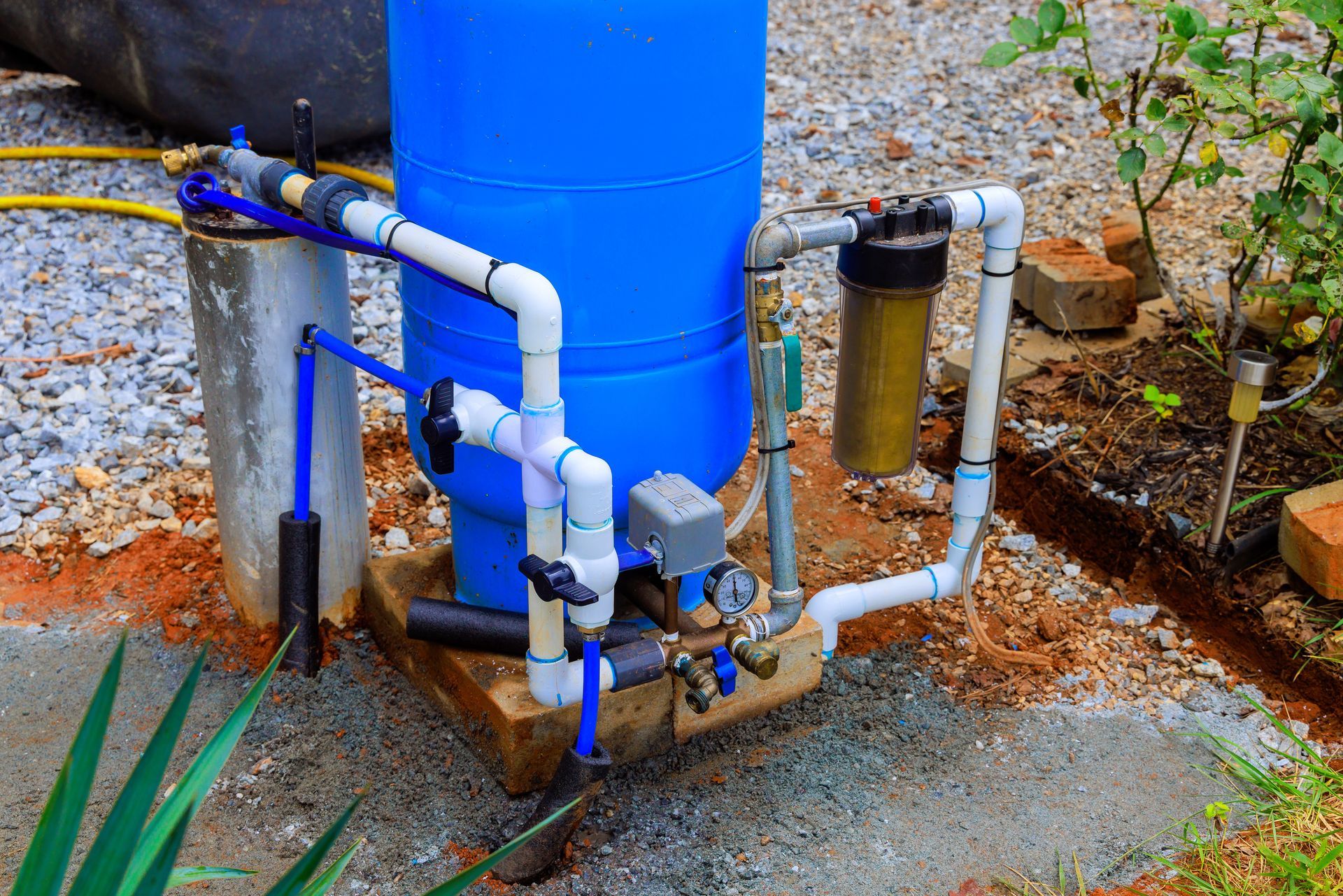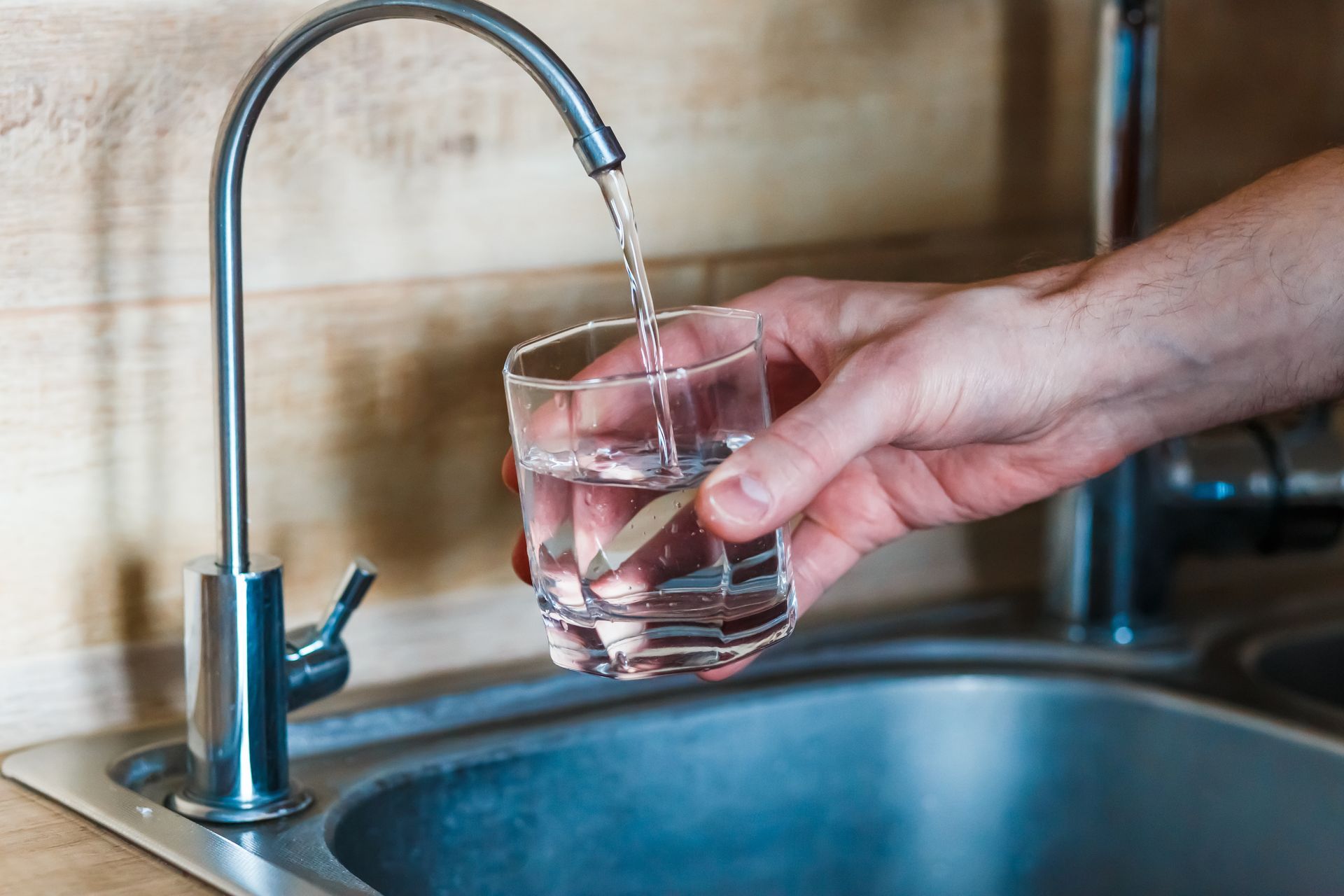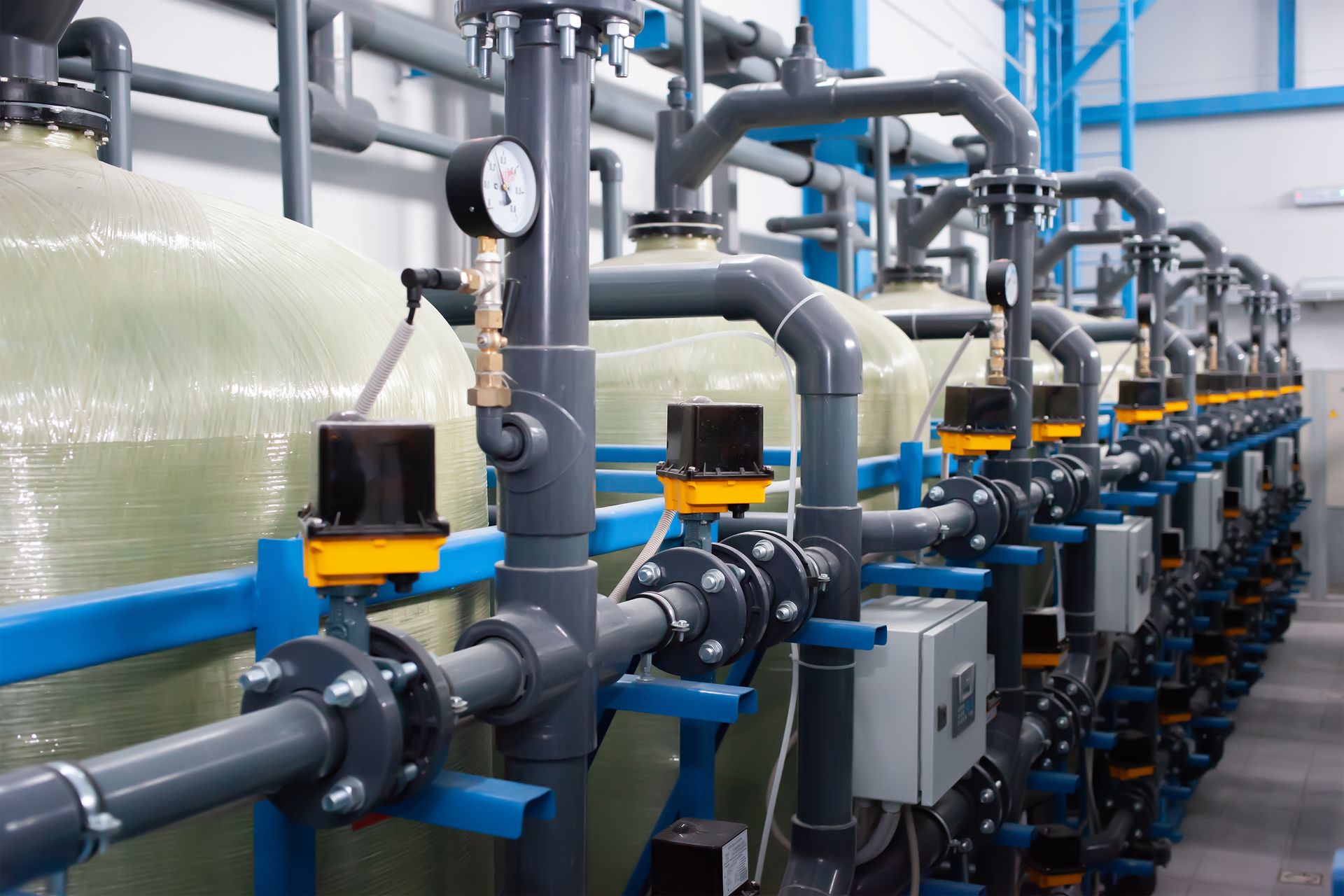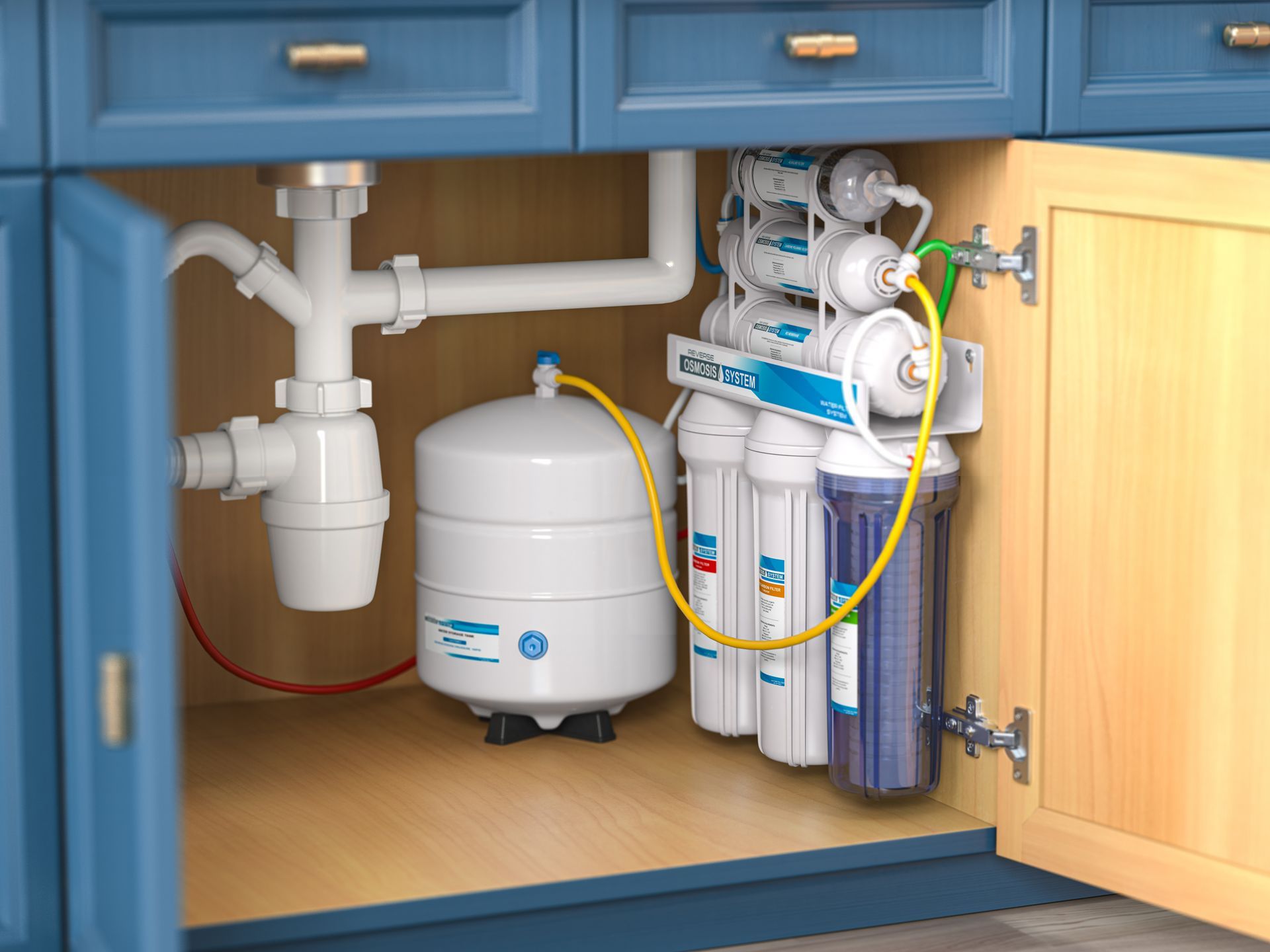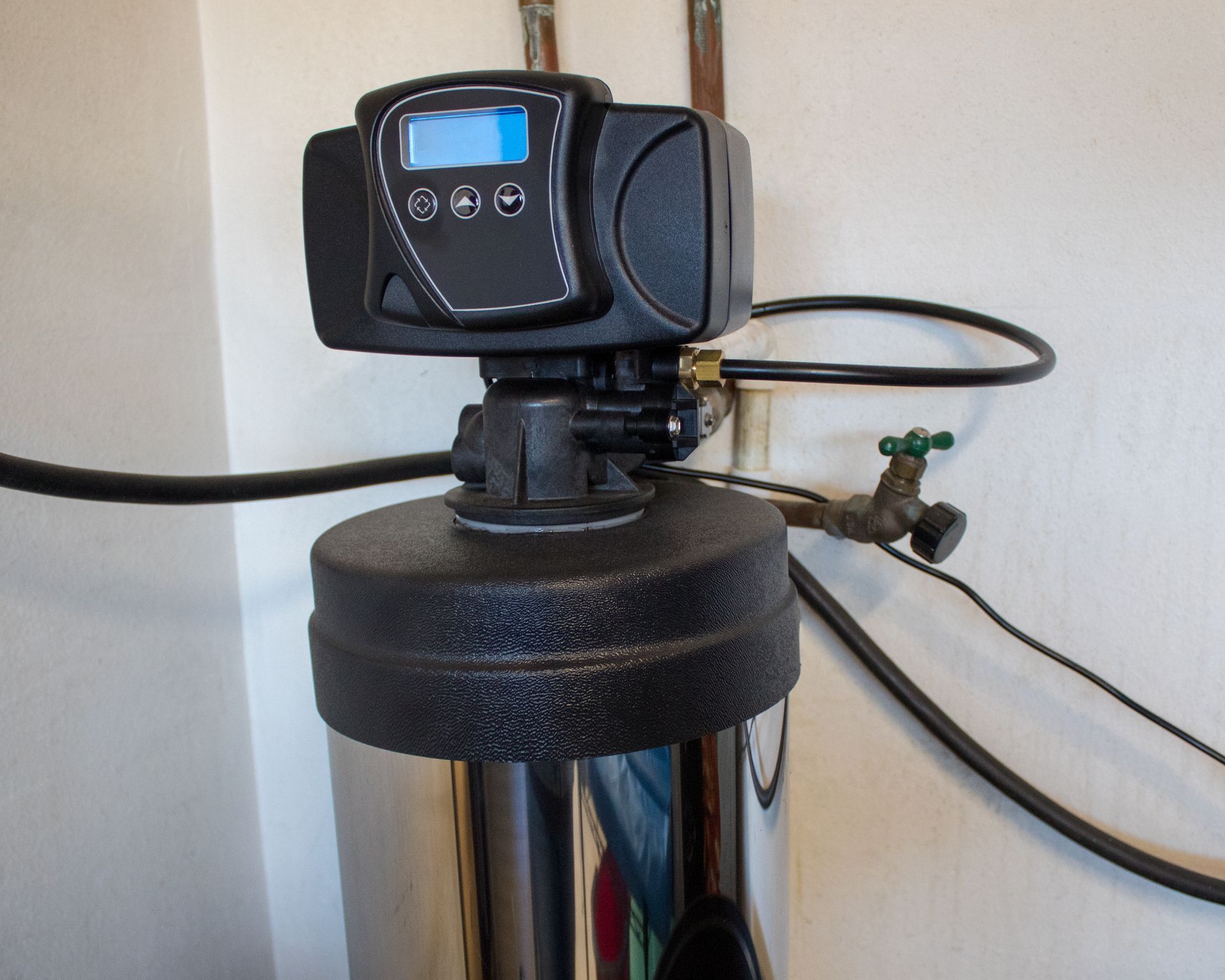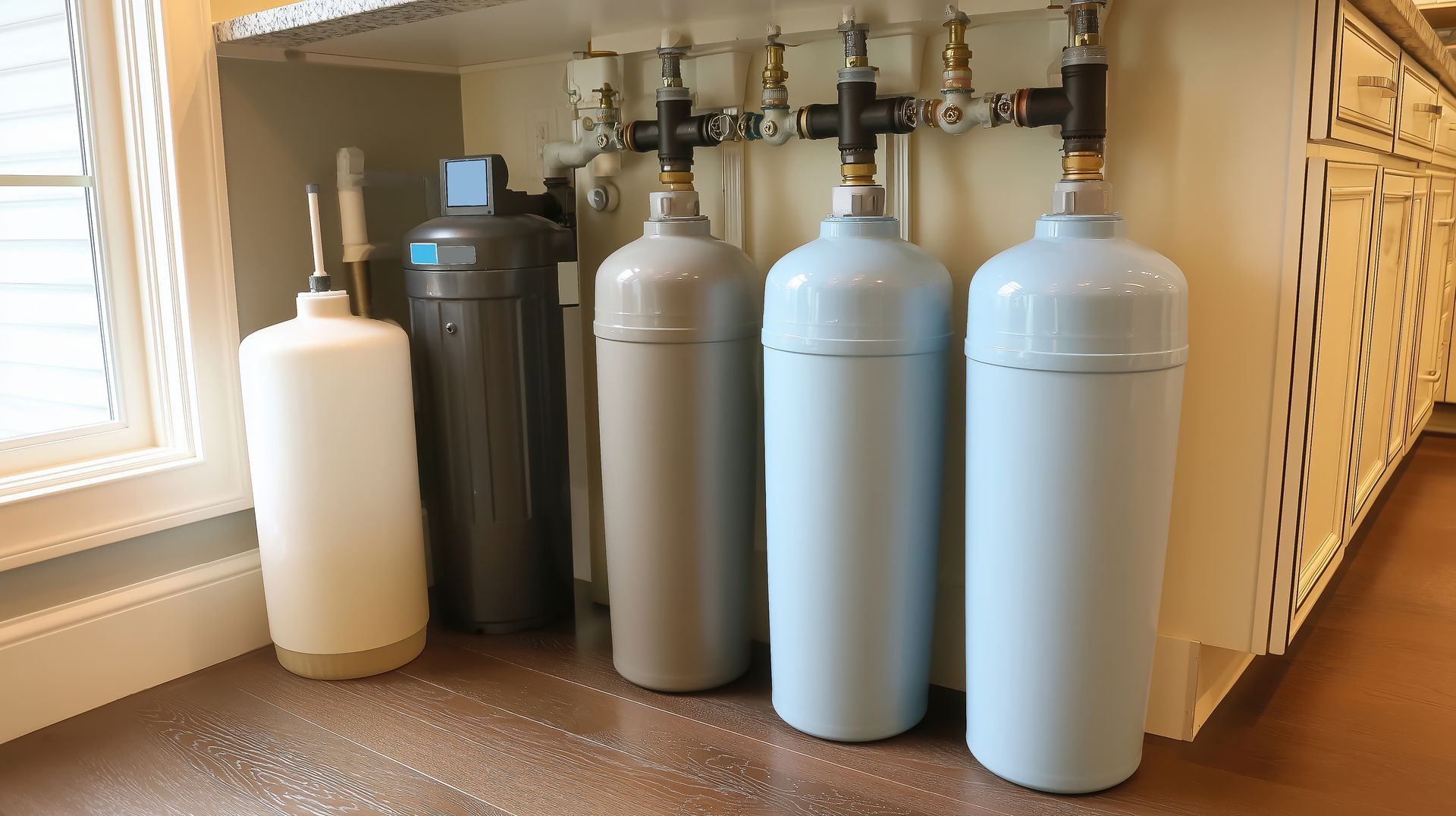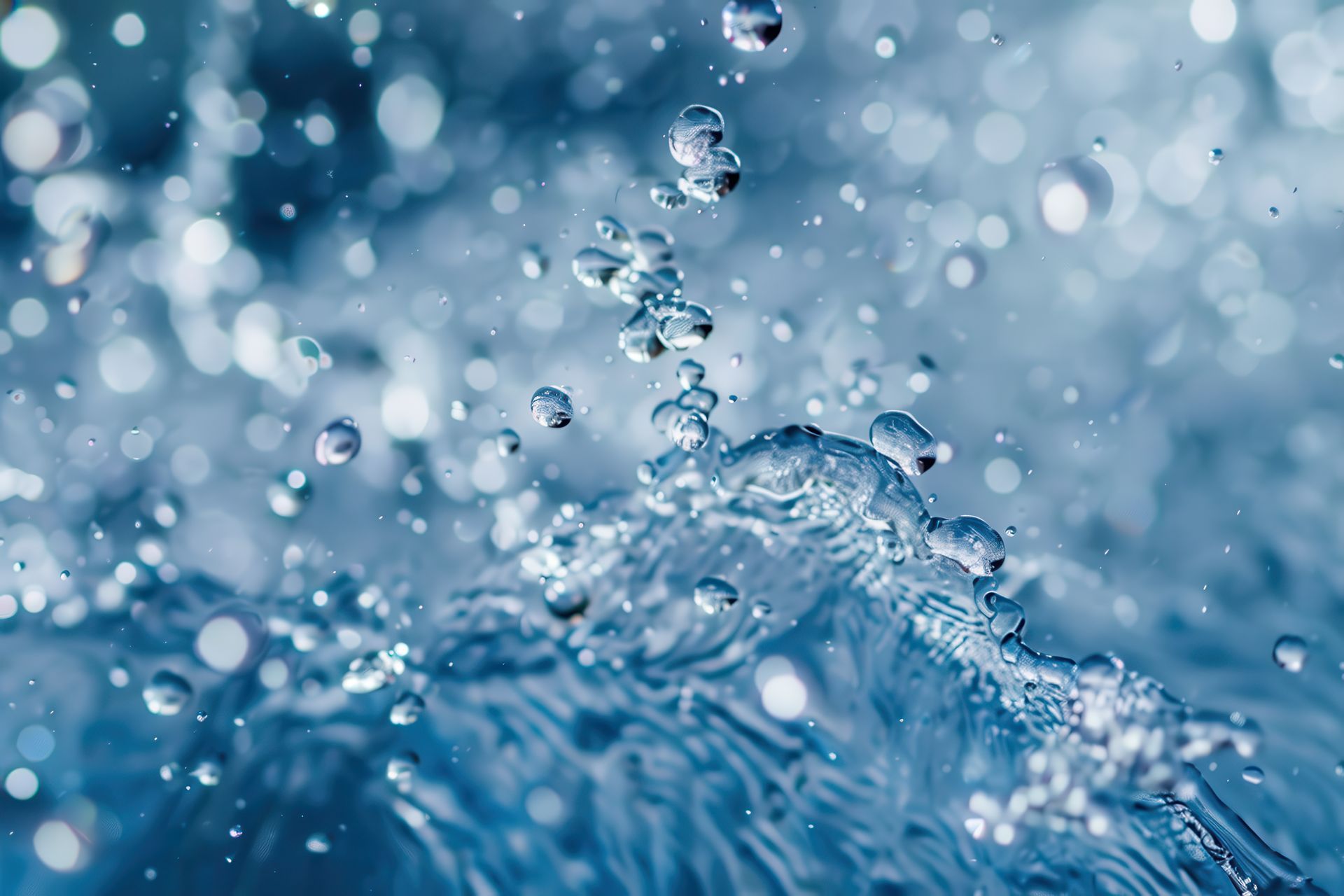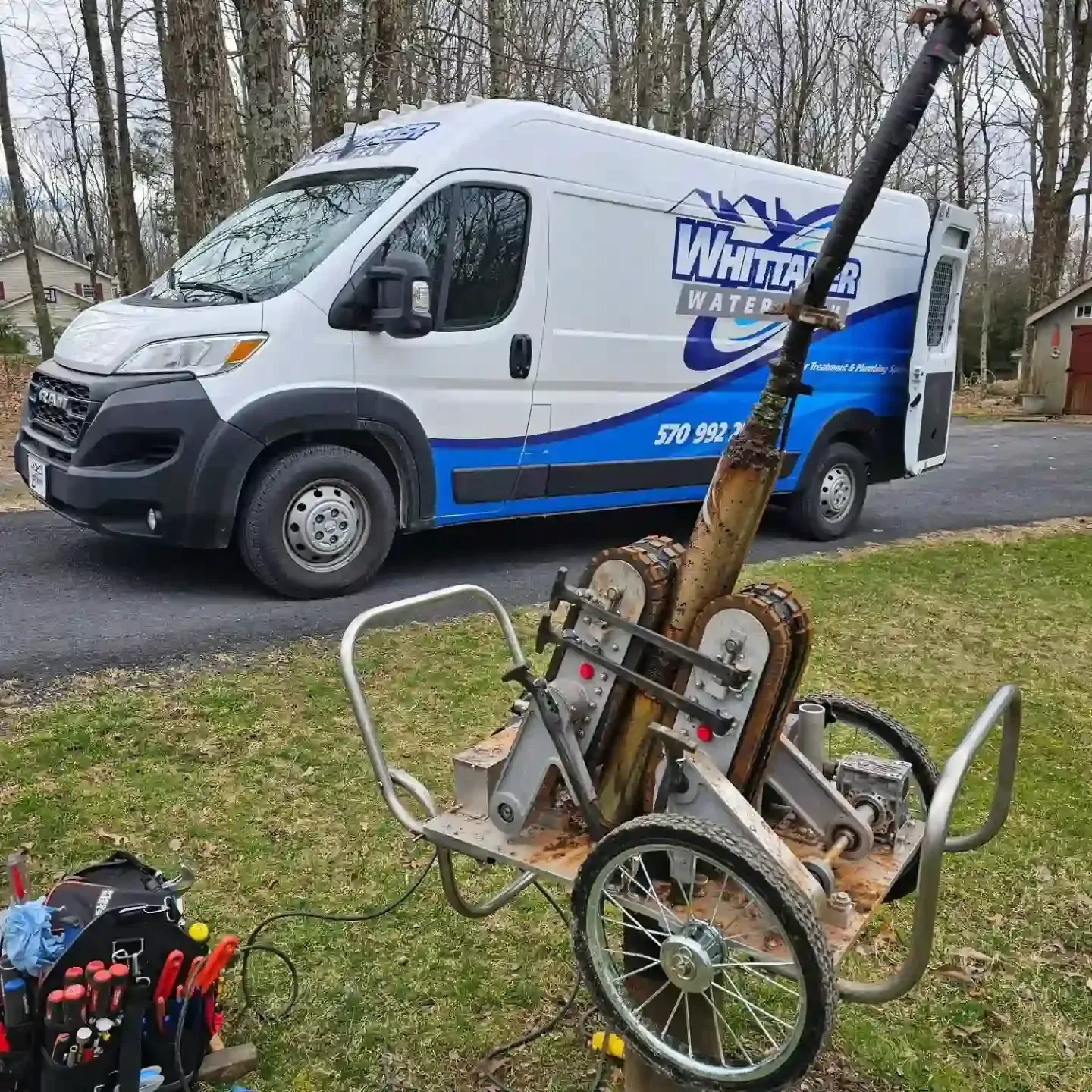How Clean Is Your Well Water?
July 10, 2025
If you rely on a well for your water supply, it’s essential to ensure that your well water is clean, safe, and free of contaminants. Well water quality can vary depending on several factors, including the location of the well, the surrounding environment, and the treatment systems in place. In this blog, we’ll discuss how to assess the cleanliness of your well water, potential contaminants to look for, and the steps you can take to improve and maintain clean well water.
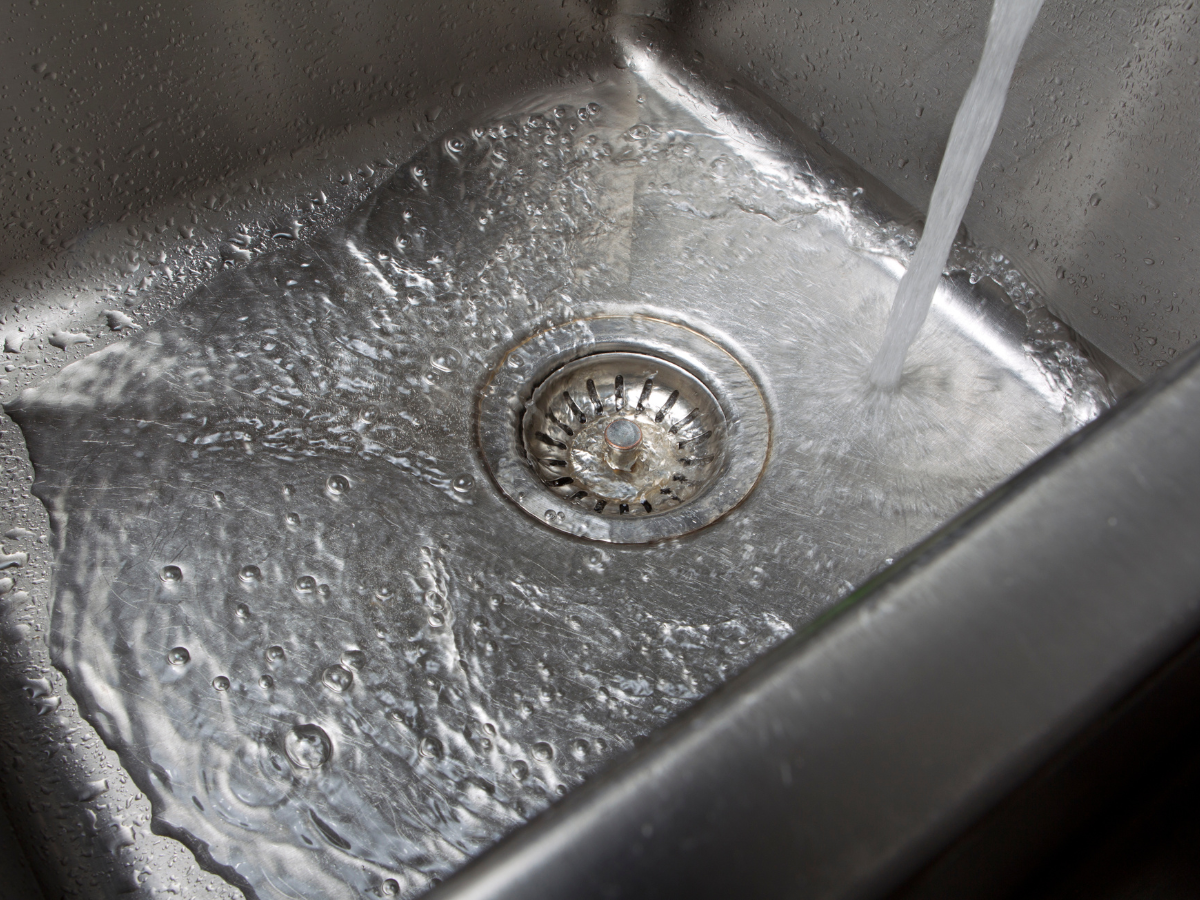
1. Understanding Well Water Contaminants
Well water is typically sourced from underground aquifers, and while it can be naturally clean, it is still susceptible to various contaminants. These can affect the water's taste, smell, and safety for consumption.
- Common Contaminants: Some of the most common contaminants found in well water include bacteria, nitrates, heavy metals (like lead and arsenic), pesticides, and sediments. These can come from agricultural runoff, septic systems, and even natural sources.
- Microorganisms: Bacteria, viruses, and parasites are particularly concerning because they can cause waterborne diseases. Contaminants like E. coli or coliform bacteria may not be visible or taste detectable but can lead to serious health problems if consumed.
- Chemicals and Heavy Metals: Arsenic, lead, and nitrates are especially dangerous and may cause long-term health issues. These contaminants can leach into the well water from natural deposits or nearby industrial or agricultural activities.
To assess the cleanliness of your well water, it’s important to understand the common contaminants and how they can affect your health.
2. How to Test the Quality of Your Well Water
To determine how clean your well water is, regular testing is essential. Water quality testing allows you to identify contaminants and address potential issues before they become serious health risks.
- Test Kits: You can purchase home water testing kits that help you test for common contaminants like pH levels, bacteria, heavy metals, and nitrates. However, these kits might not provide a comprehensive analysis of all possible contaminants.
- Professional Water Testing: For a more thorough analysis, it’s advisable to have your well water tested by a professional laboratory. A professional test can accurately measure contaminants such as pesticides, VOCs (volatile organic compounds), and metals like iron or manganese.
- Frequency of Testing: The U.S. Environmental Protection Agency (EPA) recommends testing your well water at least once a year for bacteria, nitrates, and other potential contaminants. If you notice any changes in the taste, color, or odor of your water, you should test it immediately.
Regular water testing is crucial to ensure your well water remains safe for drinking, cooking, and bathing.
3. Potential Warning Signs of Contaminated Well Water
There are several visible and sensory cues that may indicate your well water is contaminated.
- Unusual Odor: If your well water smells like rotten eggs, it could indicate the presence of sulfur bacteria. A musty or earthy smell might be a sign of organic matter or mold.
- Cloudiness or Discoloration: If your water looks cloudy or has a yellow, brown, or reddish tint, it could be due to sediment, iron, or manganese.
- Changes in Taste: A metallic, bitter, or salty taste in your well water could indicate the presence of harmful substances such as heavy metals or high levels of sodium.
- Skin Irritation: If your skin becomes irritated after contact with well water, it could be a sign of chemical contamination or high mineral content.
If you notice any of these warning signs, it’s important to have your well water tested immediately to determine the cause and take corrective action.
4. How to Improve the Quality of Your Well Water
If your well water is found to be contaminated or of poor quality, there are several ways to improve it.
- Install Filtration Systems: Installing a water filtration system can help remove many common contaminants, such as bacteria, sediment, chlorine, and metals. Common filtration options include activated carbon filters, reverse osmosis systems, and UV water purifiers.
- Water Softeners: If your well water contains high levels of hardness, a water softener can help reduce calcium and magnesium buildup, which can cause scaling in pipes and appliances.
- Shock Chlorination: If bacteria or viruses are detected in your well water, shock chlorination (a process that involves adding chlorine to disinfect the well) may be necessary to eliminate harmful microorganisms.
- Proper Well Maintenance: Regular maintenance of your well, including checking for leaks, securing the well cap, and ensuring proper drainage around the wellhead, can help prevent contamination from entering your water supply.
Taking these steps can help ensure that your well water is safe, clean, and healthy to drink
.
5. Working with Professionals to Maintain Clean Well Water
While DIY testing and treatment options are available, working with a professional plumber or water treatment specialist can provide you with the best long-term solutions for maintaining clean well water.
- Water Treatment Experts: A water treatment professional can conduct comprehensive water testing, recommend appropriate filtration systems, and offer maintenance services to keep your well water clean.
- Well Inspection: A professional inspection of your well system can help detect any issues with the well structure or plumbing that might be allowing contaminants to enter the water supply.
Partnering with experts ensures that your well water stays clean, safe, and free of harmful contaminants.
Conclusion
Maintaining clean well water is essential for your health and well-being. Regular testing, understanding the common contaminants, and taking action with the right filtration systems are key to ensuring that your water remains safe to drink and use. If you’re concerned about the quality of your well water, Whittaker Water Tech can help with comprehensive water testing, filtration systems, and maintenance services to keep your water supply clean and safe.
Contact us today to learn more about how we can help ensure the safety and cleanliness of your well water.

